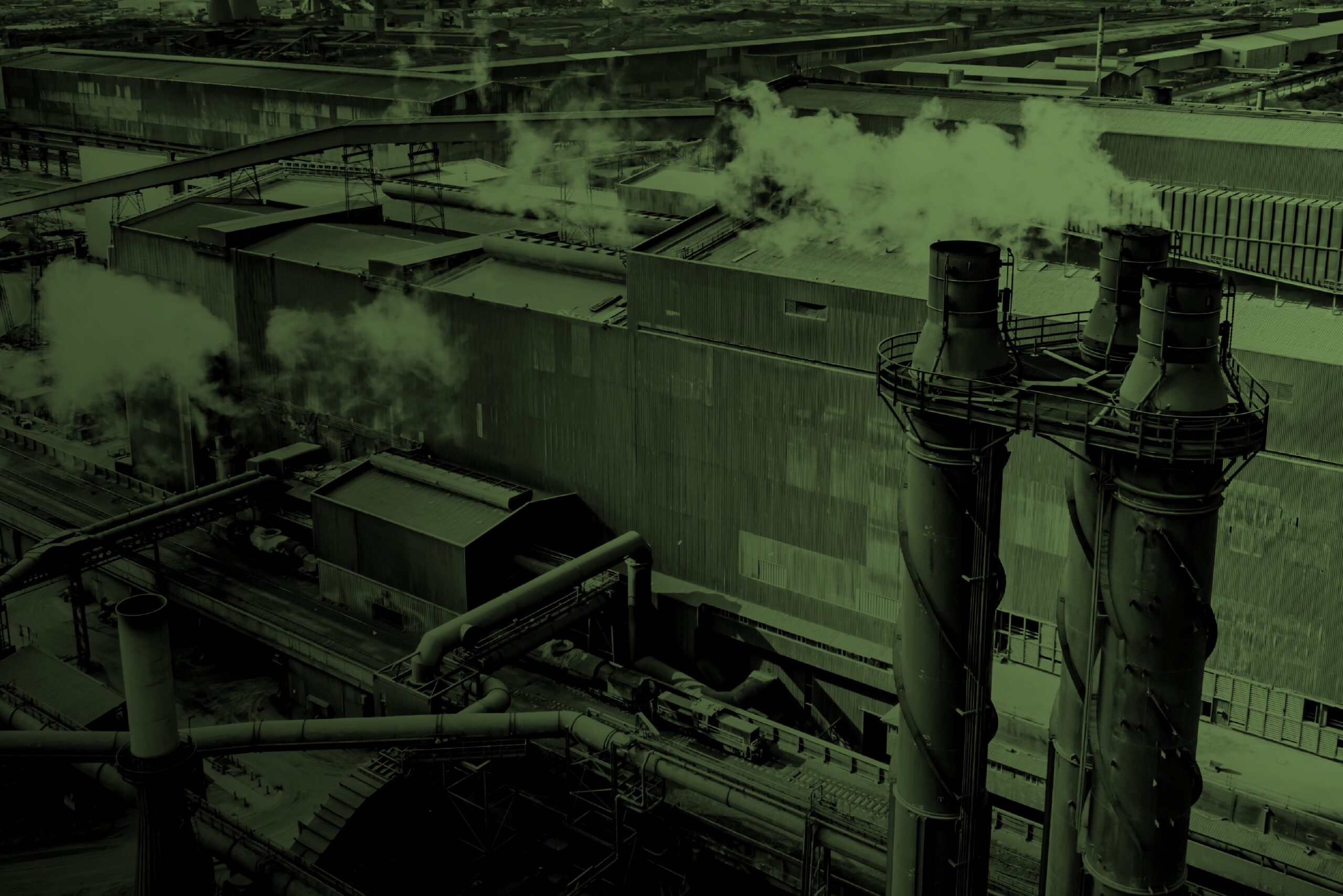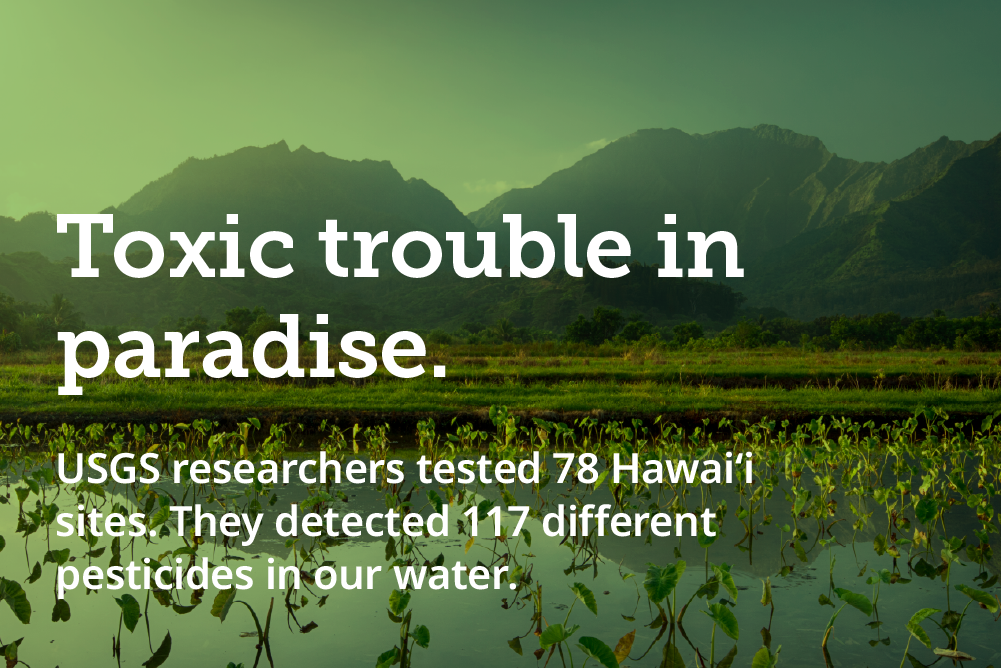
A new Netflix show is shining a light on the devastating consequences that toxic waste mismanagement can have on communities.
Toxic Town is a drama based on one of the biggest environmental scandals in the United Kingdom, in which a community’s exposure to toxic waste led to birth defects such as missing fingers, shortened limbs and other life-changing disabilities.
About the Corby Case
In the 1930s, a steel company was established in the town of Corby in the United Kingdom, turning the small town into a major steelmaking center. By the 1960s, Corby had become one of the most heavily industrialized areas in central England. During the operation of the steel plant, a huge quantity of toxic waste was deposited at the site.
We can help.
The steel plant eventually became unprofitable, leading to its closure, and ultimately to the demolition, excavation and redevelopment of the site. It’s believed that the mishandling of toxic waste during the demolition process, which took place from 1984 to 1999, led to widespread contamination in the town. According to an article in The Telegraph, citizens were exposed to an “atmospheric soup of toxic materials.”
In the late 1980s and 1990s, the rate of children born in Corby with limb deformities was nearly three times higher than that of children born in the surrounding area and almost 10 times higher than a typical town of 60,000 people. Corby residents surmised that exposure to toxic waste during the steel plant demolition was the reason for children being born with upper-limb defects. In particular, one local group of mothers drew this connection when they gave birth within months of one another and all their babies had nearly identical limb abnormalities.
The families of the affected children spent more than 10 years seeking justice from their local town council. In all cases referred to the court there were no previous family histories of limb defects.
A Look at a Similar Case in the U.S.
The Corby case isn’t the first in which exposure to toxic waste is linked to serious birth defects.
The Love Canal neighborhood of Buffalo, New York, was located near a 19th century hydroelectric channel purchased by a chemical company in 1942. For the next decade, the company used the site to bury 22,000 tons of chemical waste in barrels.
The chemical company ended up selling the site to the Niagara Falls School Board, which built an elementary school on the land. A neighborhood was also built around the disused industrial site.
In the 1970s, heavy rains caused groundwater levels to rise, and the buried toxic waste rose closer to the surface. Toxic chemicals seeped into basements in the Love Canal neighborhood, and chemical analyses showed 15 organic chemicals, including highly toxic chemicals. Local residents learned that the chemical company had buried 200 tons of dioxin at the site where the school was now located. Residents experienced miscarriages, and babies were born with birth defects and chromosomal damage.
Hundreds of families ultimately ended up being evacuated and schools were shut down.
Both the Corby and Love Canal cases illustrate a clear link between toxic waste and babies born with birth defects.
How We Help Victims Who Suffered Birth Defects
Contact us to seek justice with the help of our experienced Hawai‘i birth defect attorneys. We’ve battled corporate giants on behalf of individuals like you for over 40 years. Our Hawai‘i birth defect law firm represents families dealing with birth defects. If you have a child with birth defects caused by toxic exposure, we can help.





